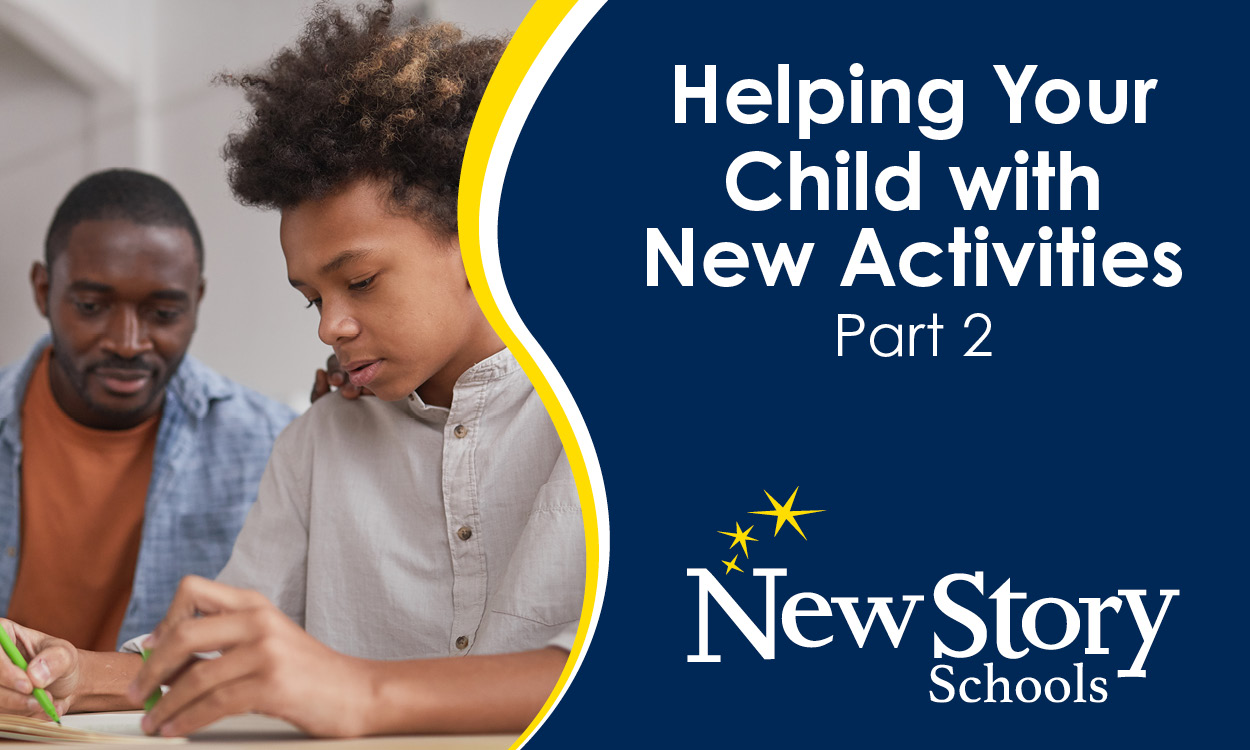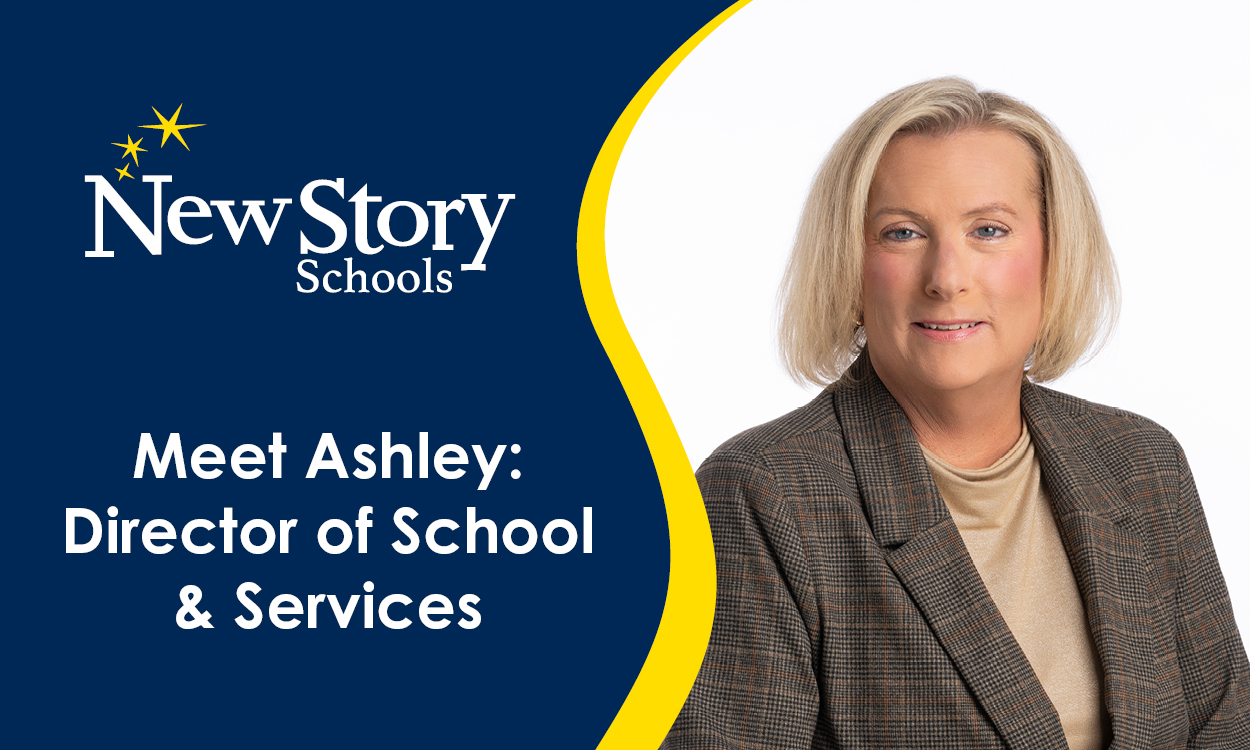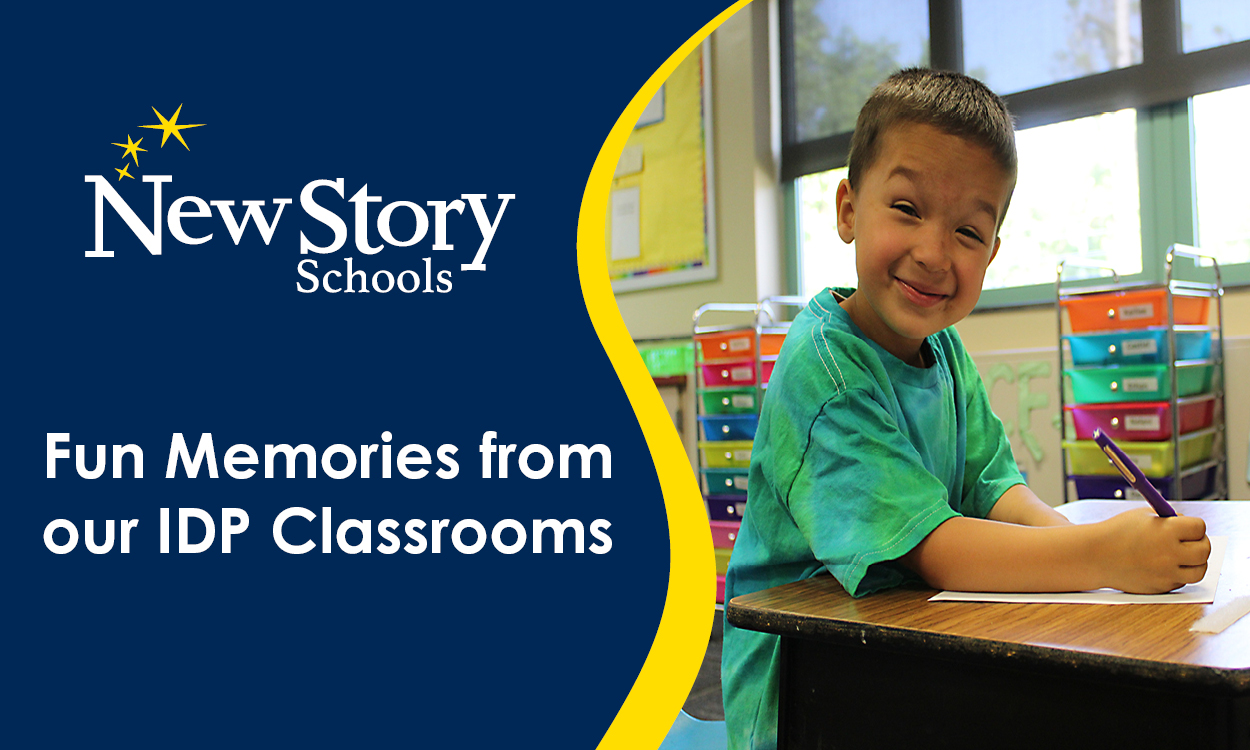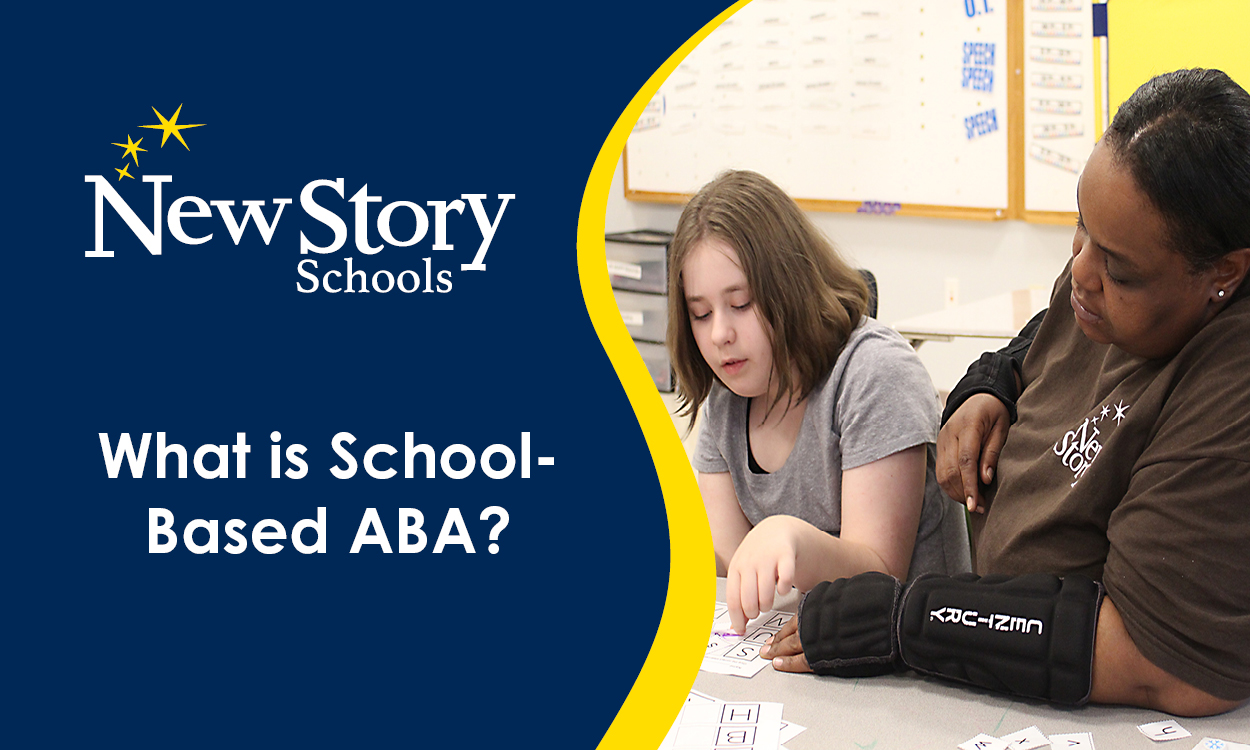Positive Playdates: Setting Your Child up for Success in Social Situations
Posted: February 14, 2022 | Written By: Jillian Bair | Category:
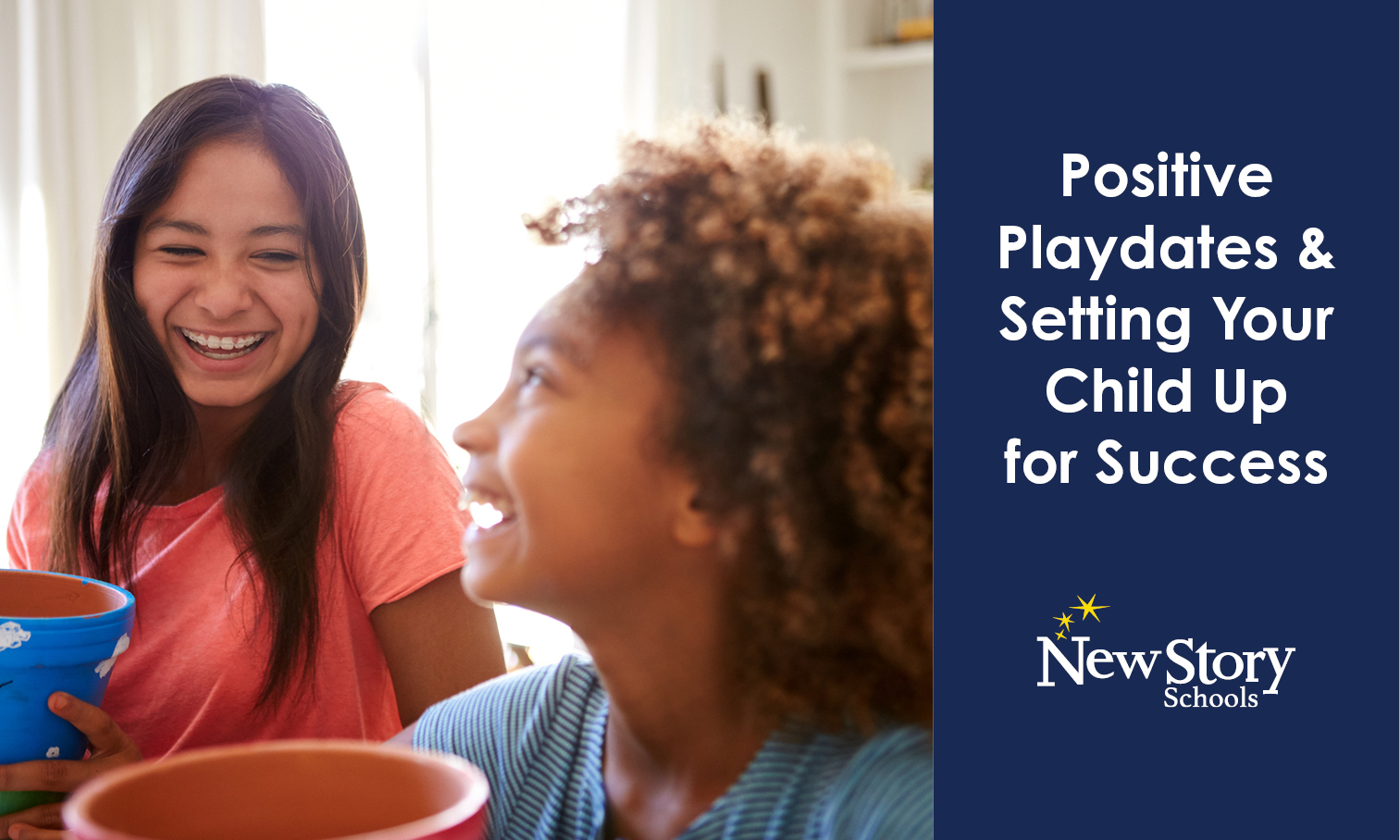
Jillian Bair, MA, BCBA, Operational Improvement Manager
New Story Management
Playdates, or other situations where children and parents/caregivers get together socially, are important for everyone. All children need opportunities to connect with others their age to learn skills such as sharing, taking turns, learning about others’ interests, communicating, and the development of deeper friendships. Parents and caregivers also need an opportunity to form relationships with other adults to build a support network for themselves.
Parents of children with behavioral challenges might have to work a little harder to prepare for playdates, but with a little planning and practice everyone can enjoy a good time with friends! As the playdate approaches, it helps to prepare your child by:
- Talking about the playdate, who will be there, and what they can expect to happen. If they respond better to pictures and stories, use those too!
- Practicing skills such as sharing, taking turns, and asking conversational questions (what’s your name? what’s your favorite movie? Where do you go to school?)
- Bringing on one or two comfort items like a favorite blanket, stuffed animal, or fidget toy, in case they need to take a break from social interactions. Be careful not to bring too many, otherwise they’ll be content sitting on the sidelines instead of playing with the other children.
- Visiting the location ahead of time to familiarize your child with the setting.
- Setting up a 1-on-1 playdate with only one child prior to a larger group gathering. Having at least one familiar face might make a larger gathering less daunting.
- Practicing coping skills such as breathing, taking a break, or counting in the event your child becomes upset at the playdate.
- Planning how you will address problem behavior such as tantrums. Explain the behavioral expectations (and planned consequences) for both good and bad behavior to your child in a way they will understand. Having a plan in place will give you more confidence in the moment.
It might be helpful to speak with some of the other parents about your child’s specific needs. You don’t need to indulge their entire history of behavioral challenges, but letting other parents know about specific skills your child is working on will help everyone prepare for the event. If they know your child is working on verbally communicating their needs and wants, they have an opportunity to coach their children beforehand on how they can be more patient. This might also help if your child behaves unpredictably during the playdate. If the other parents know about it ahead of time, they can prepare their own children on how they should respond.
After the playdate, take some time to talk with your child about the event. Celebrate moments when they did something difficult, like sharing a favorite toy or taking turns on the slide. Even if it wasn’t perfect, there are likely several “wins” you can point out to make the experience positive. The more frequently you and your child participate in playdates, especially if it’s with the same core group of people, the more likely your child will learn to be relaxed and engaged in the experience.
Don’t forget to give yourself a break! No child is perfectly well-behaved 100% of the time. Don’t put the pressure on yourself to facilitate a completely smooth, conflict-free event. Do what you can to prepare your child, then sit back and enjoy that cup of coffee with a friend!
Want to be notified of new articles and resources from New Story Schools? Submit your email and opt into our newsletter!


